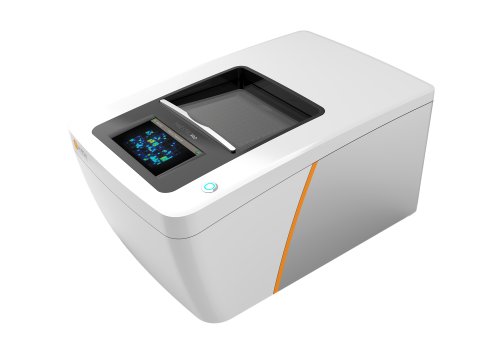Authors: Prieto Huarcaya S, Drobny A, Marques ARA, Di Spiezio A, Dobert JP, Balta D, Werner C, Rizo T, Gallwitz L, Bub S, Stojkovska I, Belur NR, Fogh J, Mazzulli JR, Xiang W, Fulzele A, Dejung M, Sauer M, Winner B, Rose-John S, Arnold P, Saftig P, Zunke F.
Autophagy, 2022.
Scientists explore autophagy-lysosomal pathways in the pathogenesis of Parkinson's disease and examine a promising therapeutic strategy with the label-free Maestro MEA platform
Parkinson's disease (PD) is an incurable neurodegenerative disorder characterized by abnormal buildup of the protein SNCA/α-synuclein in the brain. Some research suggests that malfunctioning autophagy and deficient cathepsin D (CTSD)—a lysosomal protease involved in the breakdown of SNCA—may play a role in the development of some PD cases, but this relationship is not fully understood. In this study, scientists used dopaminergic neurons derived from induced pluripotent stem cells of PD patients and animal models with A53T SNCA gene mutation to examine the effects of recombinant human proCTSD (rHsCTSD) administration on SCNA levels. Boosting lysosomal function is currently under consideration as a potential therapeutic strategy for PD.
To explore network activity in neurons exposed to rHsCTSD in vitro, the researchers used Axion’s noninvasive, label-free Maestro multielectrode array (MEA) platform and found that the treatment decreases pathology-associated SCNA. While the authors caution that additional research is needed, the overall results “strongly support” the hypothesis that CTSD plays a key role in SCNA degradation in PD neurons in vitro and in vivo and suggest that proCTSD may represent a promising therapy for the treatment of PD and other synucleopathies in the future.


